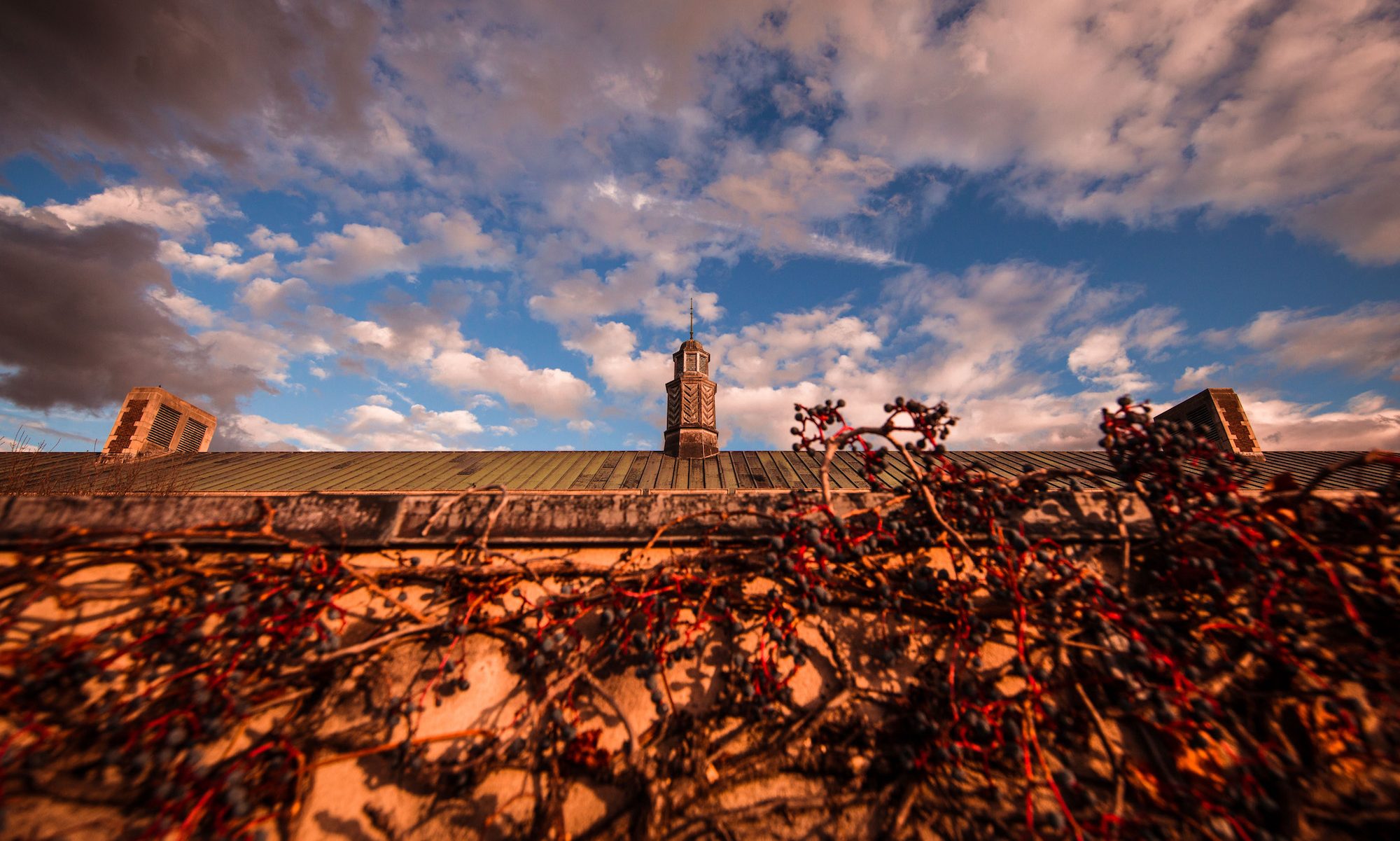Governments and executives around the world are taking on new powers and roles during this global pandemic in hopes of filling gaps of leadership.
In turn, we highlight that the current pandemic crisis influences the way in which governments act within their regime type and how executive actions are carried out. We can see this when looking at COVID’s aid in threatening democracy and the impact this threat has on political participation.Brazil:
Executive Action in Brazil
When talking about Brazil and the pandemic, it is important to understand the ways in which regime type has impacted recent political decisions and outcomes concerning COVID-19. Brazil can be categorized as having a hybrid regime. With presidentialism being the predominant political institution, there is the presence of a directly elected president, Jair Bolsonaro. This political institution, backed by a hybrid regime system, has shown that authoritarian approaches in a predominantly democratic country damages the flow and trustworthiness of information (The Comparative Politics of COVID-19 2020). This is evident regarding the pandemic and president Balsonaro’s “destructive denialist” attitude, which had in turn, negated efforts to react effectively to COVID-19 in Brazil.
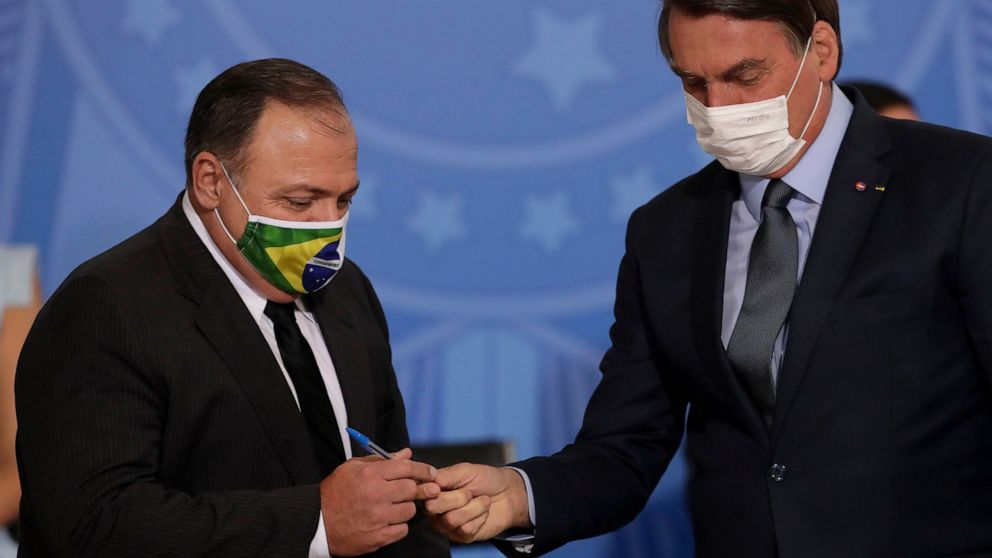
In April of 2020, the supreme court ruled in favor of state governments implementing measures to respond to the pandemic accordingly, within their jurisdiction (COVID-19 in Brazil 2020). President Bolsonaro responded with multiple decrees including a list of essential activities and businesses that were to be kept open for the sake of jobs being kept and to keep the economy afloat. In April, the president also started an aggressive campaign to use chloroquine/hydroxychloroquine to treat those infected with COVID-19, despite it being against the better judgement and advice of health administrator Nelson Teich. Teich preferred to wait for more scientific research to back the use of chloroquine but such disputes between Teich and Bolsonaro only lead to untrustworthy and contradictory solutions to the epidemic (COVID-19 in Brazil 2020). The disagreement with Bolsonaro led to Teich resigning. By an executive decision, Teich was replaced with a military officer, General Eduardo Pazuello who had no experience in the health sector. This was seen as a move to push Bolsonaro’s agenda with chloroquine, in turn, perpetuating even more distrust of information from the government and weakening democracy. This could also be seen as a way for Bolsonaro to gain more power in office.
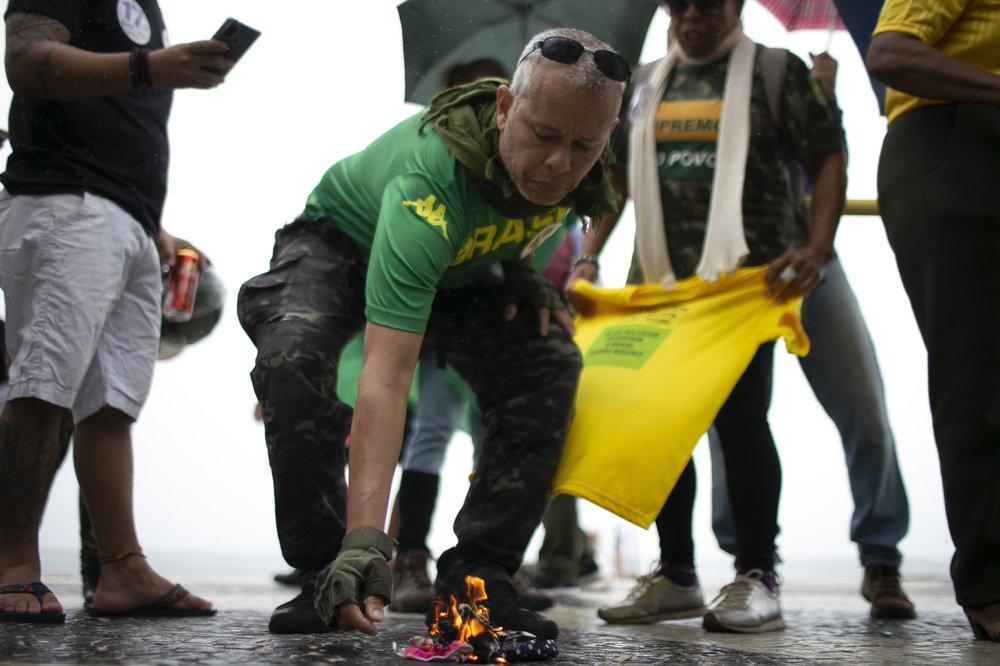
Despite health official’s recommendations, and Bolsonaro’s previous campaigns advocating for chloroquine, as of November 1st, 2020, the president has taken an anti-vaccination stance on the progressing vaccines for COVID-19. Bolsonaro stated that the Brazillian people will not be guinea pigs to the Chinese, and in turn, Bolsonaro has perpetuated unconventional styles of political participation. Protests have broken out in places such as Sao Paulo (Protests in Brazil 2020) in favor of Bolsonaro; targeting government officials who advocate for the administration of the vaccine, to show support of the president and his opinions.
Executive Action in India
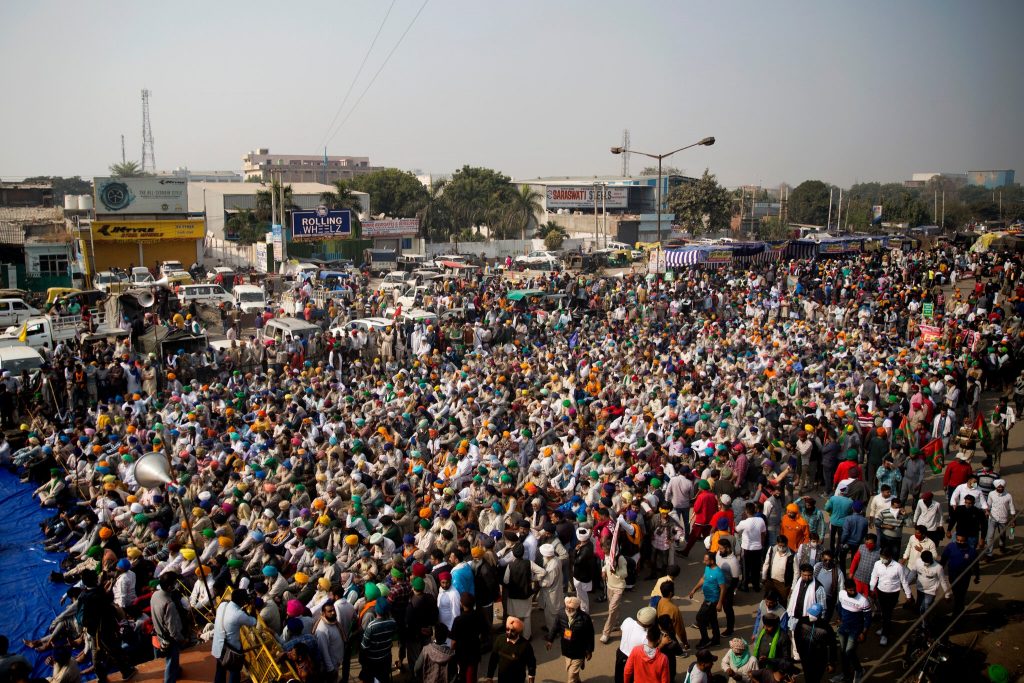
The Modi government instituted some of the harshest lockdowns in the world earlier this year to combat the spread of the coronavirus. The lockdowns came with a notice of just four hours and hit one of India’s most important and largest industries, agriculture, particularly hard. Farmers could only bring a small portion of their crops to market while labor and supply expenses spiked and other prospects for side jobs rapidly disappeared. Billions of dollars worth of crops have since gone to waste. Some have speculated that Prime minister Modi is using the unprecedented health crisis as an opportunity to implement his economic policy plan that aims to compete with China. Modi rushed new “Farm Laws” through parliament in September with little regard for opposition. The laws reform agriculture in India by eliminating state-run markets that buy produce at a set minimum price and have other fixed conditions about who can buy what. Modi justified his actions by saying that a more privatized system will give farmers more opportunities to set prices and eliminate a middle man(the state-run markets). The actions of India’s executive have resulted in massive political participation by farmers. Many believe that the new laws will allow large corporations to dominate India’s agriculture sector with state protections ending. Millions of farmers in India have taken action to protest the legislation. These actions include burning fields in direct violation of anti-pollution laws, hunger strikes, national labor strikes, blocking roads into the capital with tractors and makeshift camps, and large protests in New Delhi itself. The political participation of farmers is on a collision course with the pandemic as their actions of burning fields will worsen air quality, and large gatherings will spread the virus. Still, the fact these farmers are willing to take these risks shows their outrage over these laws. It will be critical to watch precisely how Modi responds to the protests in the coming days and weeks. While India is a liberal democracy, Modi has faced allegations of authoritarianism over media suppression and religious targeting. With this in mind, the way the Indian government decides to deal with these enormous protests while dealing with a raging pandemic will be noteworthy. Will there be peaceful negotiation or hardline crackdowns? India is at a crossroads where questionable executive action has hit a wall with political participation, and the way the executive responds will have implications about how liberal India is.
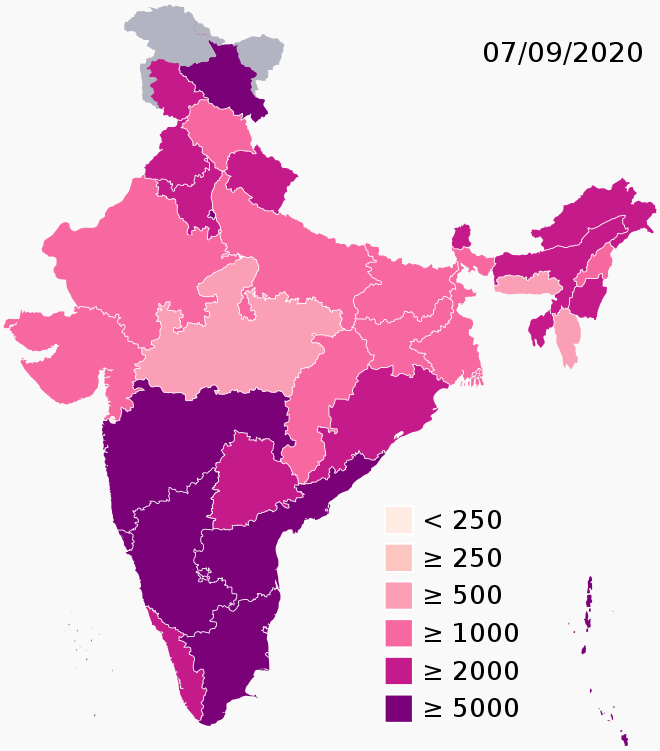
Executives around the world are taking on new powers during this time of crisis and uncertainty trying to fill vacuums for leadership. The actions of executives to combat the spread of the virus are not always based on science nor is it always clear that there are no ulterior motives behind some actions. As such now more than ever it is imperative that we watch attentively how executives deal with the challenges a global pandemic poses in carrying out their regimes. Also, we must watch how citizens hold executives accountable through political participation and the ways executives respond.
